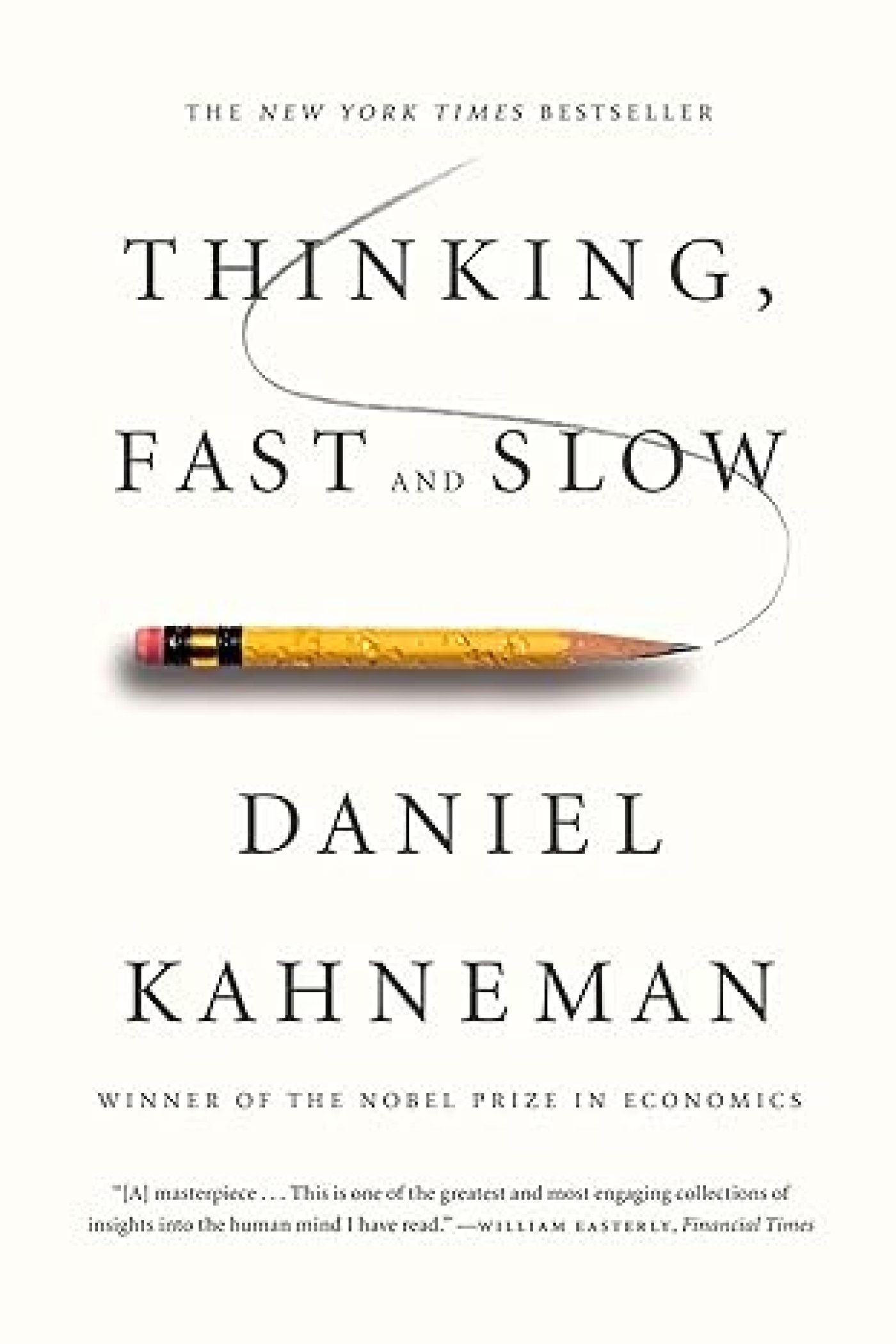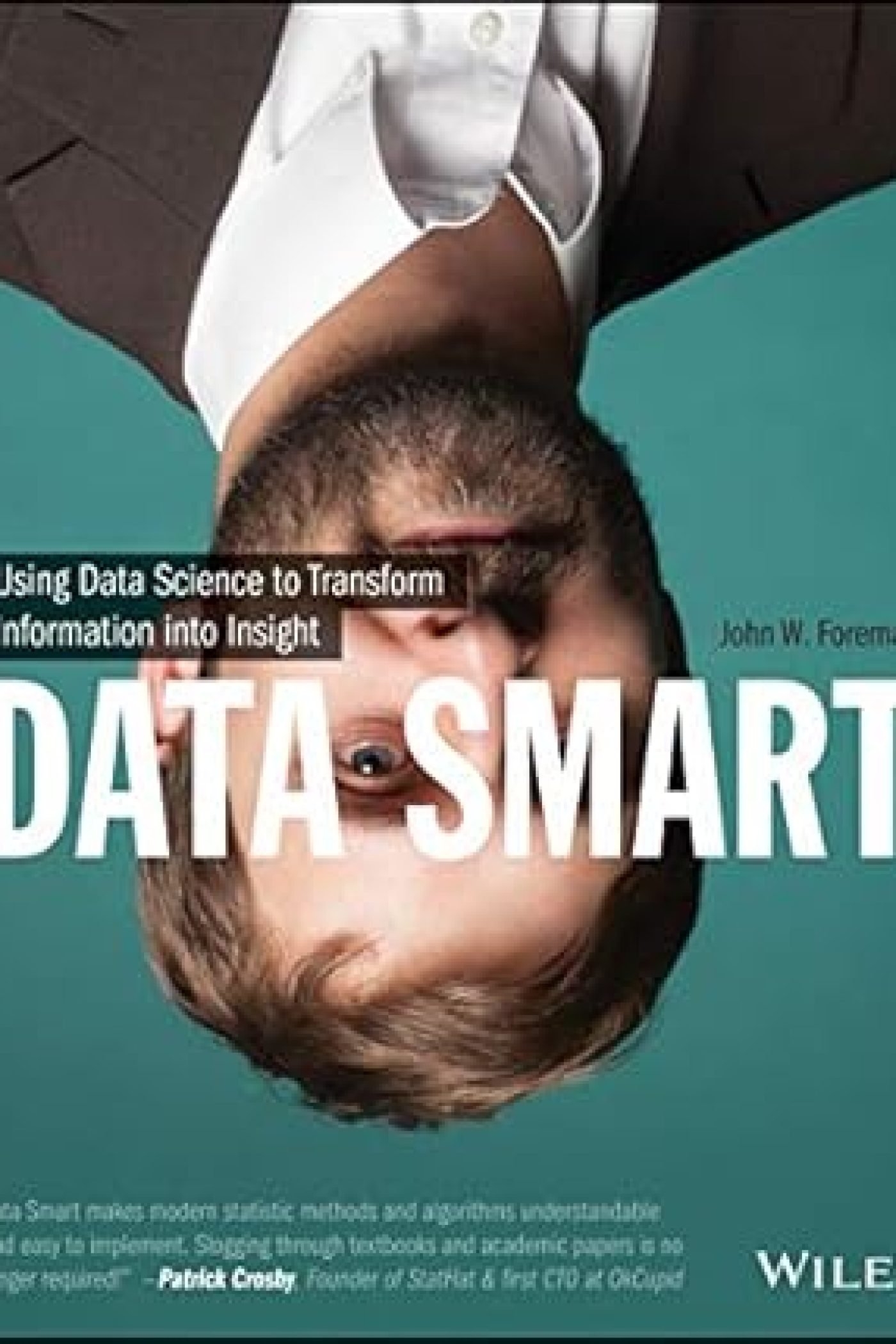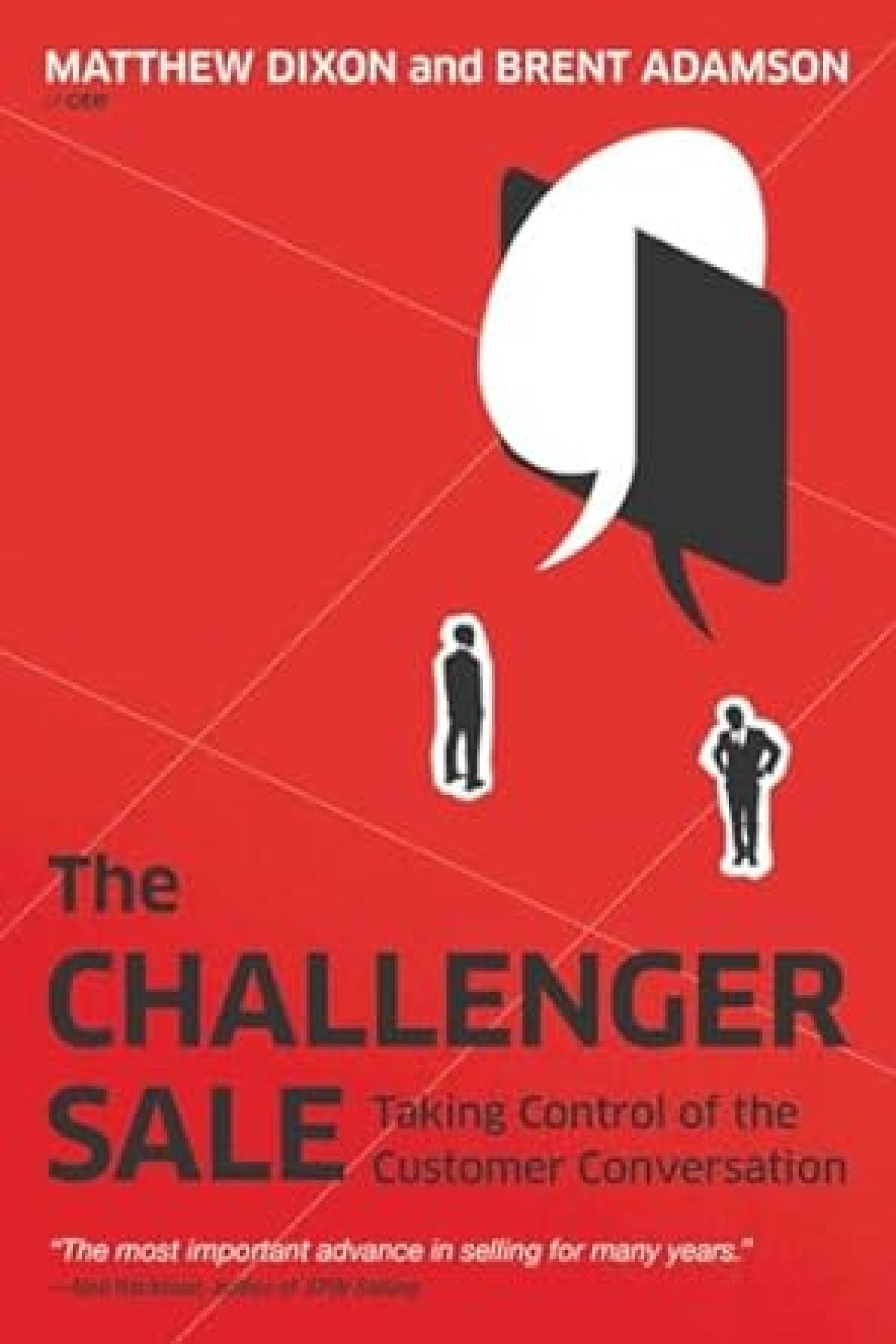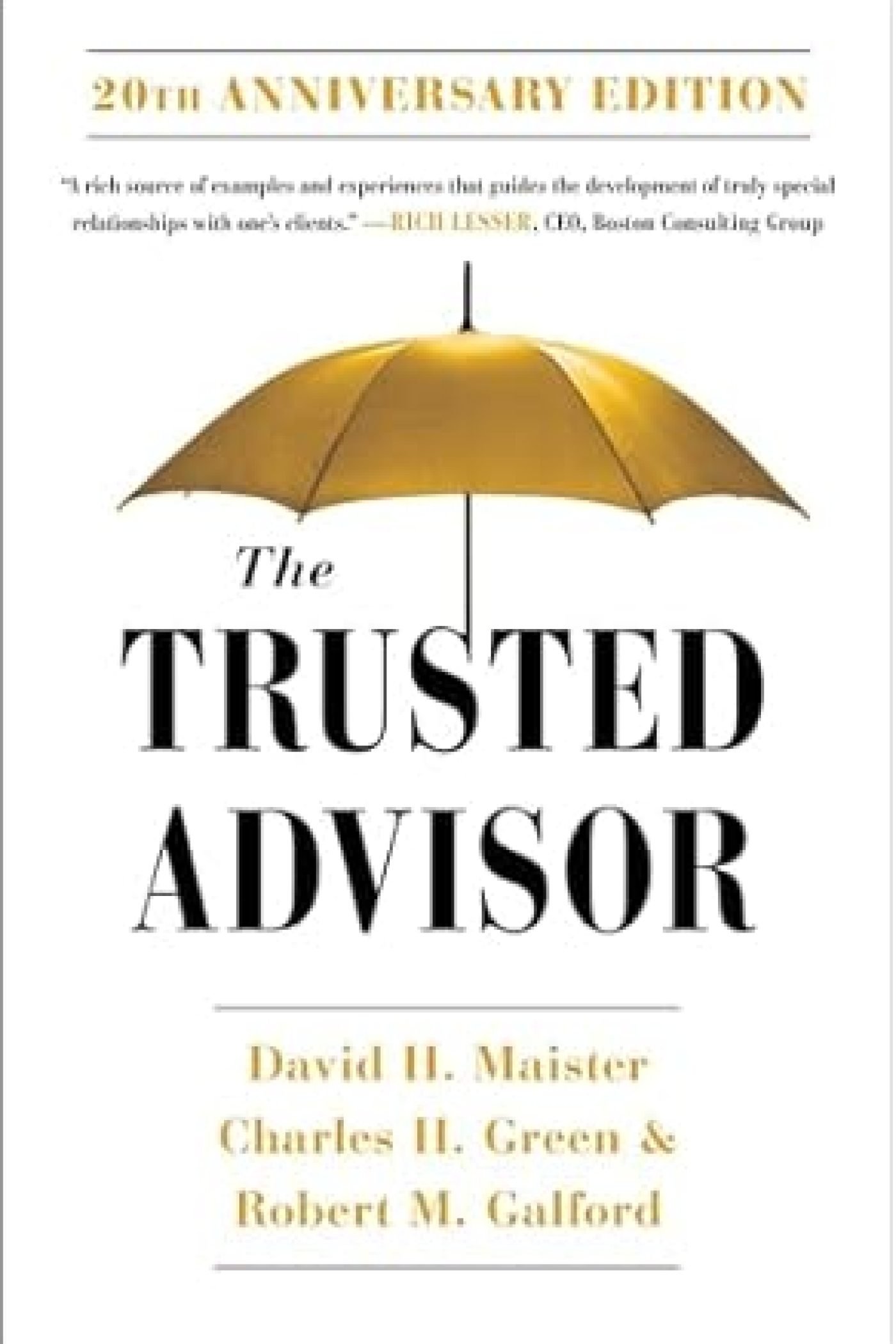
Analytical Advisor
An Analytical Advisor thrives on precision, data-driven strategies, and a methodical approach to real estate transactions. They excel at analyzing market trends, interpreting client needs, and crafting well-informed solutions to complex challenges. By leveraging their critical thinking skills, they ensure that every decision is backed by reliable information, instilling confidence in their clients. Their detail-oriented nature allows them to anticipate potential obstacles and develop strategies to address them proactively. Analytical Advisors are trusted for their ability to provide clarity and guidance, making them invaluable to clients seeking thoughtful and strategic real estate support.
Have you found your Tailored Approach?

Analytical Advisor
The Analytical Advisor excels in data-driven decision-making, using thorough research and analysis to guide clients and colleagues. They are known for their attention to detail, providing well-researched insights that empower clients to make informed choices. With a logical and systematic approach, they are a reliable resource for market trends, investment analysis, and strategic planning.
Have you found your Tailored Approach?
Our Tailored Book Suggestions for the Analytical Advisor
The Analytical Advisor's Playbook Center
Playbook Enhancers

Playbook Detractors

Access to Reliable Data and Market Insights: Having accurate, up-to-date information fuels their ability to analyze and make informed decisions.
Opportunities for Problem-Solving: Tackling complex scenarios or finding innovative solutions to client challenges keeps them motivated and engaged.
Structured, Predictable Workflows: Environments with clear systems and processes align with a methodical approach and help them maintain focus.
Time for Research and Strategic Planning: Dedicated periods for analyzing data and creating strategies allow them to work at their best.
Recognition for Accuracy and Expertise: Being appreciated for their meticulous work and thoughtful guidance validates their strengths and builds confidence.
Ambiguity in Roles or Expectations: Unclear responsibilities or goals make it harder for them to plan effectively, leading to frustration and fatigue.
Pressure to Make Quick, Uninformed Decisions: Being forced to act without sufficient data or analysis undermines their confidence and effectiveness.
Repetitive or Menial Tasks: Work that doesn’t require critical thinking or problem-solving can feel monotonous and draining.
Social Interactions Without Purpose: Prolonged meetings or conversations that lack direction or actionable outcomes can feel like wasted time.
Chaotic or Unorganized Environments: Situations with frequent disruptions, unclear goals, or lack of structure can feel overwhelming and diminish their productivity.
Find Your Outcome Today!
Marketing for Analytical Advisors
As a marketer, the Analytical Advisor excels at crafting data-driven strategies that align perfectly with their target audience’s needs. They rely on thorough market research, detailed analysis, and precision planning to create campaigns that deliver measurable results. Their ability to identify trends and optimize marketing efforts ensures that every action is intentional and effective. By focusing on metrics and performance insights, they can fine-tune their approach to maximize impact. This thoughtful and methodical style makes the Analytical Advisor a highly effective marketer, capable of standing out in competitive markets.
The Analytical Advisor's Strategic Partnerships in Marketing


When two Analytical Advisors collaborate, they create marketing strategies that are deeply informed and meticulously planned. Their combined focus on data-driven decision-making ensures that every campaign element is optimized for effectiveness. Together, they should prioritize dividing research responsibilities, streamlining their analysis process, and maintaining regular check-ins to align their strategies. This partnership thrives when they consistently evaluate performance metrics to refine their approach.


The Analytical Advisor’s structured planning complements the Problem Solver’s ability to think creatively under pressure. Together, they can craft marketing strategies that are both data-backed and agile enough to adapt to unforeseen challenges. To succeed, they should hold brainstorming sessions to address potential campaign obstacles and implement feedback loops for quick adjustments. By combining precision with innovation, they ensure marketing efforts remain strategic and responsive.


The Analytical Advisor excels at crafting strategies based on market data, while the Relationship Builder ensures those strategies resonate on a personal level. Together, they can develop campaigns that are both impactful and deeply engaging. To maximize success, they should align messaging with client needs, using relevant data to personalize outreach efforts and build trust with customers and clients. This partnership shines when both parties regularly review campaign effectiveness and adjust for greater audience connection.


The Analytical Advisor’s analytical depth lays the foundation for impactful campaigns, while the Competitive Closer adds energy and urgency to drive action. Together, they ensure marketing strategies are both well-researched and highly compelling. To optimize their efforts, they should create a clear division of roles: the Analytical Advisor handles research and strategy, while the Competitive Closer focuses on execution and follow-through. Regular updates on campaign results can help them stay aligned and refine their approach.


The Analytical Advisor’s methodical planning pairs perfectly with the Charismatic Connector’s ability to create memorable and engaging outreach. Together, they can build marketing campaigns that are both strategically sound and emotionally captivating. To succeed, they should collaborate on crafting messaging that aligns with data-driven insights while leveraging the Charismatic Connector’s ability to build authentic relationships. Regularly evaluating audience engagement metrics will help them fine-tune their combined efforts.
How an Analytical Advisor Spots another Marketing Outcome Type

Focuses on data and metrics: They consistently rely on research, analytics, and performance insights to inform their strategies.
Presents Well-Structured, Logical Ideas: Their suggestions are often methodical, with a clear emphasis on precision and detail.
Prioritizes Long-Term Planning: They prefer strategies that emphasize sustainability and measurable growth over quick wins.

Quick to Propose Innovative Solutions: They thrive on tackling challenges with creativity and suggesting unconventional approaches.
Energized by Adaptability and Flexibility: They adjust strategies in real time rather than adhering to rigid plans.
Focused on Resolving Obstacles: Their ideas often center on overcoming immediate challenges to keep progress moving.

Prioritizes Personal Connections: They focus on creating meaningful relationships and audiences over purely strategic goals.
Values Storytelling in Messaging: Their marketing ideas often emphasize emotional appeal and authentic communication.
Seeks Collaborative Input: They prefer working closely with others to ensure alignment and trust within the team.

Pushes for Strategies: They emphasize tactics designed to drive immediate outcomes, such as lead generation or conversions.
Exudes Confidence in Decision-Making: Their ideas often carry a sense of urgency and conviction aimed at achieving quick wins.
Focuses on Outperforming Competitors: Their strategies are often framed around gaining a competitive edge and market dominance.

Leverages Charm to Engage Audiences: They naturally gravitate toward high-impact, visually appealing campaigns for attention.
Prioritizes Relationship-Driven Outreach: They often connect directly with people through events or personalized communication.
Thrives on Dynamic Presentations: They enjoy pitching ideas and using their enthusiasm to rally support for campaigns.
Find Your Outcome Today!
Negotiations for Analytical Advisors
In negotiations, the Analytical Advisor excels at presenting clear, data-driven arguments that build trust and credibility. Their methodical approach ensures that every aspect of the deal is well-researched and thoroughly considered, allowing them to anticipate challenges and provide logical solutions. They thrive in structured discussions, where their ability to analyze and interpret key details can guide the negotiation toward fair and mutually beneficial outcomes. While they rely heavily on facts, Analytical Advisors understand the value of adapting their tone to maintain rapport and professionalism. Their precision and strategic mindset make them effective negotiators who can navigate complex scenarios with confidence and clarity.
The Analytical Advisor's Guide to Negotiating with Others


When negotiating against another Analytical Advisor, expect a highly structured and data-driven exchange. The discussion will likely focus on facts, making it essential to present unique insights or innovative interpretations of the data. While both parties value precision, be prepared to adapt if the conversation becomes overly detail-oriented or stagnant. Maintaining a calm but strategic demeanor will help you stand out and guide the negotiation to your advantage.


When facing a Problem Solver, anticipate a negotiation that introduces creative and unexpected solutions to counter your structured arguments. While their adaptability can disrupt your planned approach, stay focused on measurable outcomes to keep the discussion grounded. Ask clarifying questions to assess the feasibility of their proposals and identify potential weaknesses. By balancing logical reasoning with flexibility, you can maintain control of the negotiation.


A Relationship Builder will aim to steer the negotiation toward emotional appeal and personal connection, which might annoy an Analytical Advisor. While their approach can seem less data-driven, don’t dismiss the value of rapport-building in achieving a favorable outcome. Balance their relational focus by acknowledging their perspective while steering the discussion back to practical, fact-based terms. By blending empathy with precision, you can maintain credibility while fostering a cooperative tone.


A Competitive Closer will likely push for quick decisions and dominate the discussion with urgency and confidence over an Analytical Advisor. Their assertive tactics can feel overwhelming, so stay grounded in your data to ensure all aspects of the deal are thoroughly evaluated. Present clear, evidence-based arguments to slow the pace and maintain control over the negotiation’s direction. Counter their drive with logical reasoning and a firm stance on key priorities, and don’t be afraid to allow them to over share information.


A Charismatic Connector will rely on charm and persuasive language to influence the negotiation, especially against an Analytical Advisor. Their engaging approach may shift the focus away from hard facts, so ensure your arguments remain rooted in data. Prepare to counter emotionally compelling narratives by blending your logic with approachable, concise communication. By combining professionalism with warmth, you can maintain trust while guiding the discussion back to the terms that matter.
How an Analytical Advisor Spots another Negotiations Outcome Type

Relies Heavily on Facts and Data: They focus on presenting well-researched, logical arguments during discussions.
Takes a Methodical and Deliberate Approach: They prefer structured, step-by-step negotiations rather than rushing to decisions.
Asks Detailed, Clarifying Questions: Their goal is to ensure all information is clear and accurate before proceeding.

Proposes Creative Solutions on the Fly: They are quick to introduce alternative options or unconventional compromises.
Keeps the Conversation Flexible: They adapt to changing circumstances and find workable outcomes over following rigid processes.
Focuses on Resolving Obstacles: Their negotiation style often revolves around overcoming challenges to maintain progress.

Leads with Empathy and Trust-Building: They prioritize creating a positive rapport and understanding the other party’s emotions.
Frames Arguments in Personal Terms: They often use stories or relational appeals to make their points more relatable.
Prefers Collaborative Discussions: They aim to make the negotiation feel like a partnership rather than a competition.

Pushes for Quick, Decisive Outcomes: They emphasize urgency and efficiency, often aiming to close the deal as fast as possible.
Uses Assertive and Confident Tactics: Their negotiation style focuses on taking control and driving the conversation toward their goals.
Frames Arguments Around Results: They focus on the tangible benefits and outcomes to persuade the other party.

Engages with Charm and Persuasion: They use their natural charisma to make compelling, emotionally appealing arguments.
Keeps the Tone Light and Engaging: Their negotiation style often feels more like a conversation than a formal discussion.
Focuses on Relationship Dynamics: They prioritize a positive impression and maintaining goodwill throughout the negotiation.
Find Your Outcome Today!
Client Relations for Analytical Advisors
In client relations, the Analytical Advisor builds trust through their thoroughness, reliability, and data-driven insights. They focus on understanding each client’s unique needs by analyzing market trends, property details, and financial factors to provide tailored recommendations. Their methodical approach ensures that clients feel supported and confident in the decisions being made, thanks to clear explanations and thoughtful guidance. While their focus is on precision, Analytical Advisors also value building rapport through professionalism and consistent communication. This combination of expertise and trustworthiness makes them highly effective in fostering long-term client relationships.
The Analytical Advisor's Synergy with Clients


When negotiating against another Analytical Advisor, expect a highly structured and data-driven exchange. The discussion will likely focus on facts, making it essential to present unique insights or innovative interpretations of the data. While both parties value precision, be prepared to adapt if the conversation becomes overly detail-oriented or stagnant. Maintaining a calm but strategic demeanor will help you stand out and guide the negotiation to your advantage.


When facing a Problem Solver, anticipate a negotiation that introduces creative and unexpected solutions to counter your structured arguments. While their adaptability can disrupt your planned approach, stay focused on measurable outcomes to keep the discussion grounded. Ask clarifying questions to assess the feasibility of their proposals and identify potential weaknesses. By balancing logical reasoning with flexibility, you can maintain control of the negotiation.


A Relationship Builder will aim to steer the negotiation toward emotional appeal and personal connection, which might annoy an Analytical Advisor. While their approach can seem less data-driven, don’t dismiss the value of rapport-building in achieving a favorable outcome. Balance their relational focus by acknowledging their perspective while steering the discussion back to practical, fact-based terms. By blending empathy with precision, you can maintain credibility while fostering a cooperative tone.


A Competitive Closer will likely push for quick decisions and dominate the discussion with urgency and confidence over an Analytical Advisor. Their assertive tactics can feel overwhelming, so stay grounded in your data to ensure all aspects of the deal are thoroughly evaluated. Present clear, evidence-based arguments to slow the pace and maintain control over the negotiation’s direction. Counter their drive with logical reasoning and a firm stance on key priorities, and don’t be afraid to allow them to over share information.


A Charismatic Connector will rely on charm and persuasive language to influence the negotiation, especially against an Analytical Advisor. Their engaging approach may shift the focus away from hard facts, so ensure your arguments remain rooted in data. Prepare to counter emotionally compelling narratives by blending your logic with approachable, concise communication. By combining professionalism with warmth, you can maintain trust while guiding the discussion back to the terms that matter.
How an Analytical Advisor Spots Their Client's Outcome Type

Asks Detailed, Fact-Based Questions: They seek clarity through data and want evidence to support decisions.
Prefers Structured Discussions: They value organized, step-by-step communication that addresses all details thoroughly.
Shows Interest in Metrics and Analysis: They often request market data or comparisons to validate recommendations.

Focuses on Creative, Out-of-the-Box Requests: They frequently suggest alternative solutions that deviate from the standard process.
Enjoys Tackling Challenges Directly: They are energized by discussions about overcoming obstacles or finding unconventional paths.
Values Flexibility Over Rigidity: They are less concerned with procedures and more interested in achieving a workable result.

Emphasizes Trust and Connection: They prioritize forming a strong personal bond before focusing on business details.
Uses Emotional Language in Discussions: They express feelings and experiences to convey their expectations and concerns.
Seeks Reassurance and Collaboration: They prefer decisions to feel mutual and aligned with the relationship’s foundation.

Drives Toward Fast Decisions: They focus on achieving their goals quickly, often cutting through lengthy discussions to move forward.
Asserts Clear Preferences: They are confident in stating what they want and are less likely to dwell on minor details.
Frames Conversations Around Results: They prioritize outcomes and are quick to ask how specific actions will deliver results.

Engages with Enthusiasm and Charm: They often rely on their personality to drive conversations and build rapport.
Prefers Dynamic, Interactive Exchanges: They thrive on lively discussions and enjoy maintaining an upbeat tone.
Highlights Personal or Emotional Aspects: They focus on the intangible benefits, like how a property “feels” or the story it tells.
Find Your Outcome Today!
Transaction Management for Analytical Advisors
In transaction management, the Analytical Advisor excels at ensuring every detail is meticulously organized and executed. Their data-driven approach allows them to track deadlines, manage documentation, and anticipate potential issues before they arise. They prioritize accuracy and precision, ensuring that each step of the process aligns with compliance requirements and client expectations. By maintaining clear communication and leveraging their analytical skills, they build trust with clients and stakeholders, providing a smooth and seamless transaction experience. Their methodical and reliable nature makes them invaluable in managing the complexities of real estate transactions.
The Analytical Advisor's Strategic Partnerships in Transaction Mgmt.


When two Analytical Advisors collaborate in transaction management, the process becomes exceptionally detailed and precise. Both prioritize accuracy, ensuring that deadlines, documentation, and compliance are thoroughly managed. To succeed, they should clearly divide responsibilities to avoid redundancy and maintain consistent communication to align their meticulous approaches. Together, they create a seamless and highly organized workflow that leaves little room for error.


The Analytical Advisor’s structured approach balances the Problem Solver’s ability to address unexpected challenges during the transaction process. While the Problem Solver focuses on resolving issues quickly, the Analytical Advisor ensures these solutions align with timelines and compliance standards. To optimize this partnership, they should establish clear roles, allowing the Problem Solver to troubleshoot while the Analytical Advisor maintains oversight of the overall process.


The Analytical Advisor brings clarity and precision to the transactional details, while the Relationship Builder maintains strong communication with all stakeholders. This dynamic ensures that both the technical and interpersonal aspects of the transaction are well-managed. To work effectively together, the Analytical Advisor should provide the Relationship Builder with updates they can communicate to clients and partners. Their collaboration creates a balance between operational excellence and positive relationship management.


The Analytical Advisor’s thoroughness supports the Competitive Closer’s drive to push the transaction toward a quick and successful completion. While the Competitive Closer focuses on ensuring deals close swiftly, the Analytical Advisor ensures that all documentation and compliance requirements are met without cutting corners. To succeed, they should coordinate by aligning the Competitive Closer’s urgency with the Analytical Advisor’s checklist to prevent overlooked details. This pairing blends speed with precision, delivering results efficiently.


The Analytical Advisor’s methodical work ensures the technical aspects of the transaction are handled flawlessly, while the Charismatic Connector keeps all parties engaged throughout the process. The Charismatic Connector’s ability to maintain relationships helps smooth over potential delays or complications. To collaborate effectively, the Analytical Advisor should provide clear updates and insights for the Charismatic Connector to communicate with stakeholders. This partnership ensures a well-organized process paired with strong morale and trust among everyone involved.
How an Analytical Advisor Spots A Transaction Management Outcome Type

Focuses on Deadlines and Details: They consistently prioritize timelines, compliance, and accuracy in every aspect of the process.
Asks Clarifying, Technical Questions: They seek thorough understanding and ensure all documentation is clear and complete.
Prefers Structured Workflows: They are methodical and follow a systematic approach to manage tasks.

Quick to Suggest Fixes for Unexpected Issues: They focus on resolving problems creatively and efficiently as they arise.
Energized by Challenges in the Process: They remain calm under pressure and often enjoy finding innovative solutions.
Flexible in Their Approach: They adapt easily to changes and prioritize keeping the process moving forward.

Maintains Consistent Communication with Stakeholders: They ensure everyone feels informed and valued throughout the process.
Focuses on Interpersonal Harmony: They often mediate conflicts or miscommunications to maintain positive relationships.
Leads with Empathy and Reassurance: They provide emotional support to involved parties, ensuring confidence in the process.

Pushes for Swift Completions: They prioritize speed and efficiency, often driving the process to finish ahead of deadlines.
Keeps the End Goal in Focus: Their focus is on achieving results quickly, ensuring the transaction reaches a successful close.
Uses Assertive Tactics to Eliminate Delays: They’re direct in addressing any bottlenecks or inefficiencies.

Keeps Stakeholders Engaged with Enthusiasm: They maintain a positive and energetic tone, even during stressful moments.
Excels at Smoothing Over Tensions: They use their charm and communication skills to resolve potential conflicts amicably.
Focuses on the “Big Picture” Experience: They emphasize the overall journey, ensuring everyone feels connected and valued.





